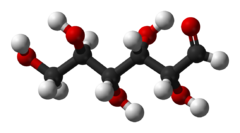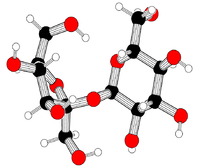Dazza_devil
Well-Known Member
- Joined
- 18/2/08
- Messages
- 1,579
- Reaction score
- 4
G'day Brewers,
I asked my gf to pick me up 500g dextrose on her way through town and she showed up with a bag of Brigalow from Kmart.
Is it *****? Should I use it? There's no packing date on it.
Is there any difference with the quality of dextrose when comparing brands or is dextrose dextrose?
Cheers
I asked my gf to pick me up 500g dextrose on her way through town and she showed up with a bag of Brigalow from Kmart.
Is it *****? Should I use it? There's no packing date on it.
Is there any difference with the quality of dextrose when comparing brands or is dextrose dextrose?
Cheers






